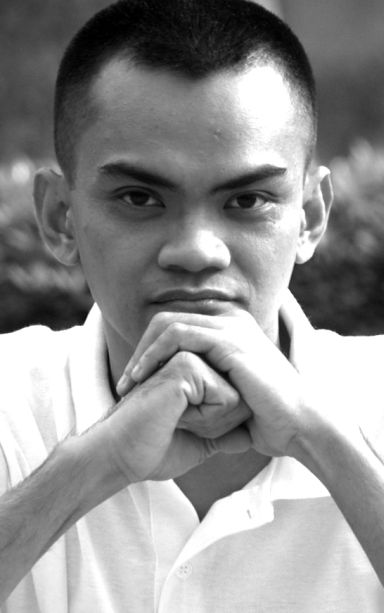
PAREDES
A simple note scribbled by Albert Einstein on a hotel stationery and given to a bellboy in lieu of a tip at the Imperial Hotel in Tokyo in 1922 has recently been sold at an Israeli auction house to an anonymous bidder for $1.56 million. Originally written in German, it reads: “A calm and modest life brings more happiness than the pursuit of success combined with constant restlessness.” Actually, Einstein also wrote on the second page of the stationery: “Where there’s a will there’s a way.” That second note also sold for $240,000.
The story goes that Einstein, who had just won the Nobel Prize, went to Japan as part of his lecture tour in Asia. He was surprised to see a crowd of 2,500 people gathered at the lecture hall waiting eagerly to see him. This huge crowd was proof that he was getting famous worldwide, a rare achievement for an astrophysicist at that time.
Having to deal with instant fame was probably what Einstein had in mind when he wrote that note. He had just arrived at his room in the hotel after being given a grand reception at the lecture hall when he met that bellboy. After handing out his note to him, he told him to keep it as it might be worth something someday. Like many of his statements, that advice proved prophetic.
The note was sold to the auction house by the grandson of the bellboy’s brother, who is now living in Germany. He was reported to be so elated when he learned that he had just become a millionaire.
It was a twist of fate, for money would be the last thing on Einstein’s mind when he thought of the formula for happiness. Yet, he also once said that “God does not play dice with the universe.”
The irony might be fortuitous, indeed. Einstein himself demonstrated that contradiction. Just when he was about to be attending the award ceremony for the Nobel Prize, he instead went straight to Japan for his lecture. He was obviously not going after the accolades and the drama of big success.
And yet, he could not totally evade it. He made science popular worldwide and his fans were growing. Crowds followed him in Japan, even at his lectures. They stayed long to listen to him talk. In his Tokyo lecture alone, it took him four hours because of the translations. And yet the people stayed. Such is the power of the astrophysicist who had become — no pun intended — a star.
In 1922, radio was just being introduced and it would still be years before the coming of television and decades before the internet. But somehow the world had known about this great scientist who was then trying to unlock the mysteries of the atom, the nature of the cosmos and the prospect of time travel. Those ideas triggered global curiosity. They were just too powerful, too fundamental to be ignored.
Einstein took his growing popularity as an opportunity to promote not only science but world peace during those years when the world had just seen the horrors of the first global war and was starting to see signs that there would be another one coming.
So perhaps, that was one reason why he went to Japan and the rest of Asia for his lecture series. And still another paradox of this great genius: he had the gift of simplicity, of being able to explain some of the most complex theories in a language that people can understand. That helped made him a global pop icon.
Yet, he knew too well that with success comes the stress of having to always keep it up or, rather, keep up with it. The “constant anxiety,” as he very well put it. And, of course, like most wise men, he knew the more enduring joy that comes with modesty and living simply.
This made Einstein truly an extraordinary man. Most of us, in contrast, are so preoccupied with success that is usually marked by acquisition of wealth, power and fame at different levels. We are so obsessed with the common pursuit of such things unmindful that along with it comes the constant restlessness of having to keep up with the Joneses.
But for Einstein, it’s not the Joneses but the ordinary Joe who may actually come closer to real happiness, given the simplicity and modesty of his own life. And so, in that hotel in Tokyo, Einstein gave a rather strange gift to a stranger, a tip that much later on would be worth more than a million dollars. It did not change the life of that bellboy. But it did make his descendants years later a lot happier. At least for the time being.
One thing for sure, it pays to be a relative of Albert Einstein, no matter how distant. Now, that’s another take on the theory of relativity.
Disclaimer: The comments uploaded on this site do not necessarily represent or reflect the views of management and owner of Cebudailynews. We reserve the right to exclude comments that we deem to be inconsistent with our editorial standards.




